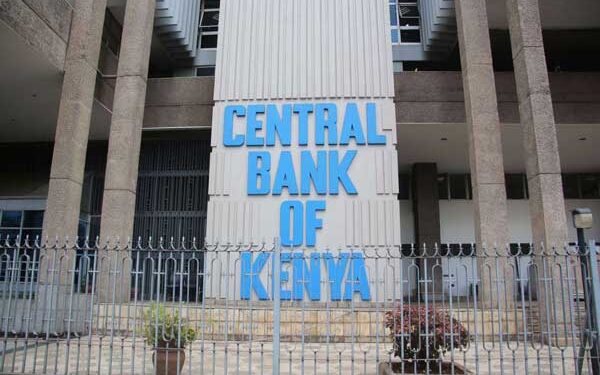The Government has raised Sh35.25 billion ($269 million) from the domestic market through a reopened 25-year bond for debt refinancing and new development initiatives. This latest auction reflects strong investor confidence in government securities, even as fiscal and economic challenges persist.
The outcome signals a healthy appetite for long-dated debt, driven by attractive yields and a resilient domestic fixed-income market. It also highlights the government’s ability to refinance existing obligations while securing fresh funding for development priorities without straining liquidity conditions.
Debt Refinancing and Fiscal Stability
Of the total funds raised through the reopened FXD1/2018/25 bond, Sh27.69 billion is allocated to refinancing maturing debt, a critical priority as Kenya aims to stabilize its repayment schedule amidst mounting external debt servicing pressures. The remaining Sh7.55 billion is designated for new borrowing, creating fiscal space to support ongoing government projects. The auction significantly exceeded the Sh25 billion target, achieving an impressive performance rate of 188%.
While Kenya’s debt levels remain a point of concern, with public debt hitting 69% of GDP in 2024, the successful bond issuance indicates that investors remain confident in the country’s ability to manage its obligations. The bid-to-cover ratio of 1.33 suggests a robust market, even as inflationary pressures and interest rate volatility persist.
The government secured the funds at a market-weighted average rate of 13.94%, with accepted bids settling slightly lower at 13.8%. This pricing strategy balances investor returns with borrowing cost efficiency, a critical consideration as Kenya seeks to contain its debt burden without stifling growth.
Yield Appeal and Investor Confidence
The bond’s 13.4% coupon rate and maturity date of May 2043 make it particularly attractive to institutional investors such as pension funds and insurers looking for long-term, stable returns. With global financial markets experiencing turbulence and equities under pressure, Kenya’s fixed-income instruments continue to serve as a safe haven for capital preservation.
The government’s ability to attract significant oversubscription in the current economic climate reflects both the appeal of higher yields and confidence in Kenya’s debt management framework. Treasury bonds remain one of the most reliable investment options in the domestic market, offering a hedge against currency fluctuations and inflation risks.
Broader Implications for Fiscal Policy
The success of this auction sets a positive precedent for upcoming bond sales, particularly as the Treasury looks to roll over more debt in April. Strong demand suggests that Kenya can continue tapping domestic markets for funding, reducing reliance on external borrowing, which often comes with currency depreciation risks and higher interest rates.
However, analysts reckon that the reliance on domestic debt markets also means that the government must manage interest costs prudently. With inflation hovering around 7% and monetary tightening measures in place, any aggressive issuance strategy could put upward pressure on rates, raising borrowing costs in the medium term.
The bond’s 25-year tenor helps ease short-term fiscal pressures, allowing the government to extend its repayment obligations and manage liquidity better. But Kenya still faces the challenge of aligning its borrowing with sustainable economic growth. The upcoming budget cycle will be crucial in determining whether additional debt issuances are used productively to stimulate investment or merely to plug recurrent expenditure gaps.
A Critical Test for Debt Markets
Kenya’s ability to maintain investor confidence in government securities will be tested further in the coming months. With a growing budget deficit and external debt maturities looming, Treasury’s ability to sustain favorable terms in future auctions will be key.
For now, the strong uptake of the bond suggests that markets remain optimistic about Kenya’s fiscal trajectory. But with global financial conditions tightening and the government facing pressing social and infrastructure spending needs, balancing debt sustainability with growth imperatives remains the biggest challenge.
ALSO READ: Standard Bank Facilitates Kenya’s $1.5bn Eurobond












